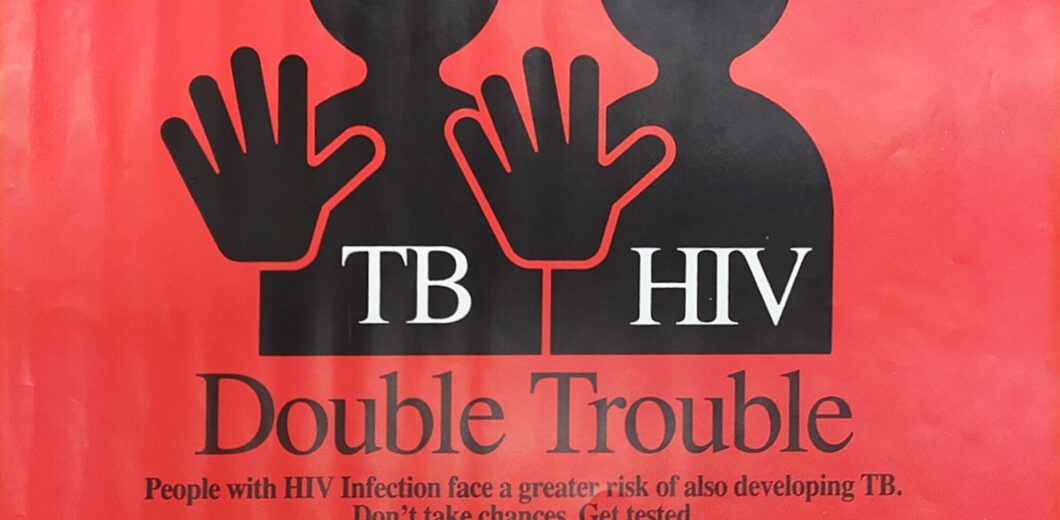Tuberculosis (TB) remains one of the most important causes of illness and death among people living with HIV, despite the fact that TB is mostly preventable and curable. At least 11 million people living with HIV are also infected with TB and at increased risk of developing TB disease. Chronic lack of investment in TB control programmes and TB research has resulted in inadequate prevention, diagnosis and treatment of TB and the development and spread of drug-resistant forms of TB that disproportionately affect people living with HIV. Furthermore, the TB programme in many countries can be a highly effective but often underutilized partner in accelerating towards universal access to HIV prevention, treatment, care and support.

© TB and HIV Double Trouble poster
Contact
- NGO Delegation to the UNAIDS PCB
- Eerste Helmersstraat 17B3
1054 CX Amsterdam
The Netherlands